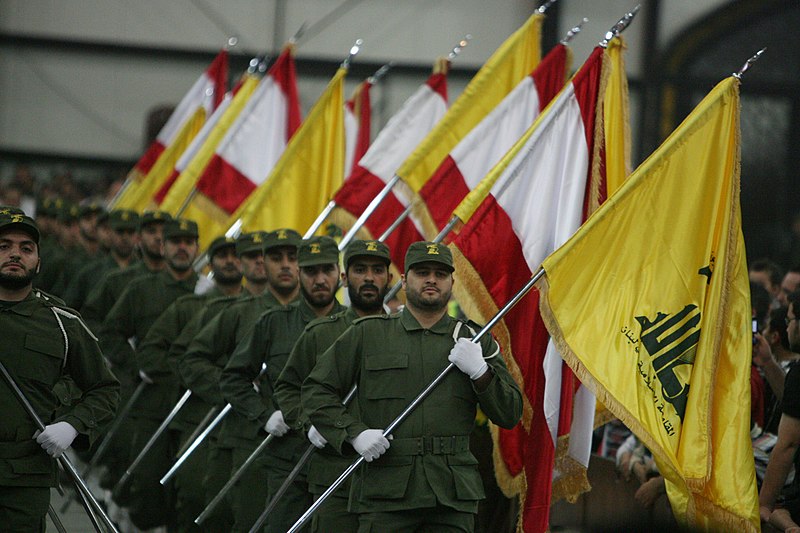On 17 September, pagers held by Hizbullah operatives of all levels exploded across Lebanon and Syria during a 30-minute window around 1530 local time. The pagers were reportedly activated to indicate that a message was coming in to ensure Hizbullah personnel were holding the devices when they exploded. There are reports of 11 confirmed deaths, including a child, and over 2,700 injured members of Hizbullah, including 200 critically. The Iranian Ambassador to Lebanon, who is reportedly a senior member of the Iranian Revolutionary Guard Corps, was also injured and possibly blinded in one eye. In keeping with longstanding policy, the Israeli authorities have not confirmed or denied that they are behind the attack.
Hizbullah have been using pagers for some time. Pagers have no GPS, camera or microphone and so they are more secure than mobile phones, which Hizbullah has mostly banned its operatives from carrying. For Hizbullah, low tech is safer tech.
There are a few possibilities as to how this attack could have been organised. A security specialist we spoke to told us that the devices could have had small amounts of explosive added to them, or small amounts of explosive added to the battery or that the battery could have been programmed to overheat until it exploded. The pagers were then activated through a signal sent out through the local mobile network.
This is a significant operational success for Israel. It shows that Hizbullah’s equipment supply chain was penetrated, allowing someone to access and lethally tamper with thousands of these devices before detonating them across three areas of Lebanon and in Syria. These devices will have been inspected before being handed to senior Hizbullah operatives and so the tampering must have been done professionally enough to pass an extensive check – otherwise such a device would never end up in the hands of the Iranian Ambassador.
“The timing of this operation is not obvious” according to a Western security source. “It could be that the Israelis thought that the devices were no longer secure and they had to ‘use it or lose it’. It’s more likely to be deterrence, as this will cost Hizbullah time. Hizbullah are going to be nervous about all of their comms now. They are going to want to investigate who penetrated their supply chain and how and look for leaks. This is very disruptive, in psychological terms too.”
Today, the Israeli press is speculating that there was a recent, as yet undisclosed, Hizbullah assassination attempt against a former senior Israeli security official. This would not be the first direct Hizbullah attack within Israel. In March 2023, a Hizbullah operative crossed the Lebanese border and planted a bomb in Meggido that missed its intended target but severely injured a passerby. The bomber nearly made it the 70 kilometres back to Lebanon before being intercepted by Israeli security forces.
An Israeli journalist told us that “The pager attack could be some kind of asymmetric response to the assassination attempt. Israel and Hizbullah are locked in endless cycles of escalation, but neither side wants to pull the trigger on a full war, yet. Hizbullah’s Secretary-General Hasan Nasrallah will make a speech tomorrow and we wait, once again, to see what happens next.”
Whatever happens next, a rare public window has been opened into the relatively new world of electronic warfare.
Photo by The Nix Company on Unsplash


